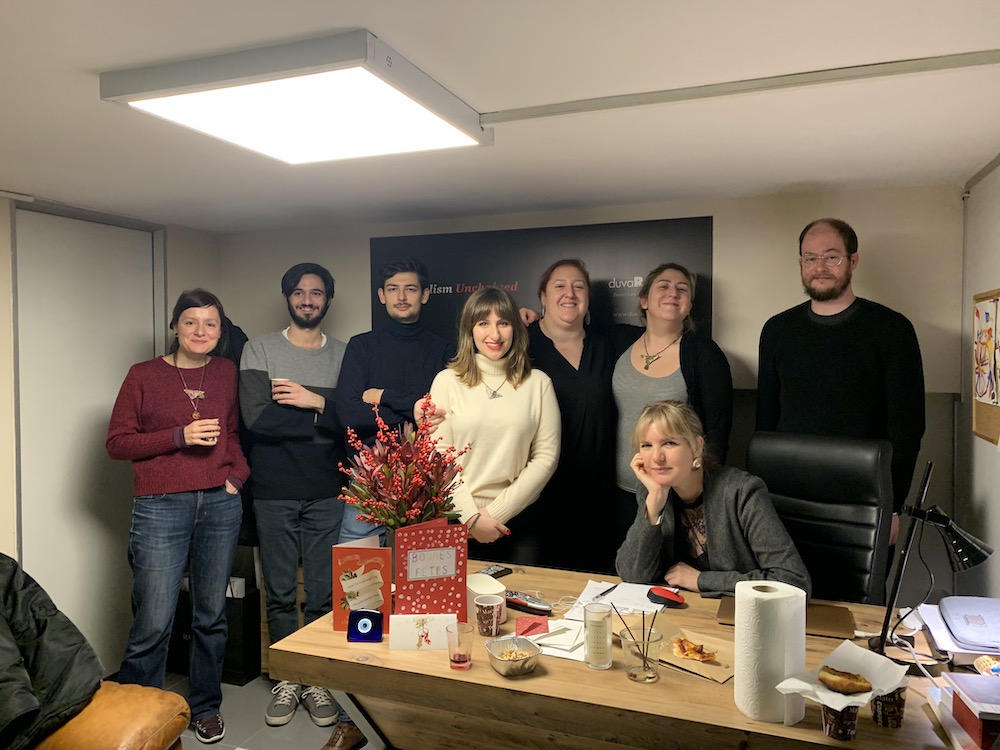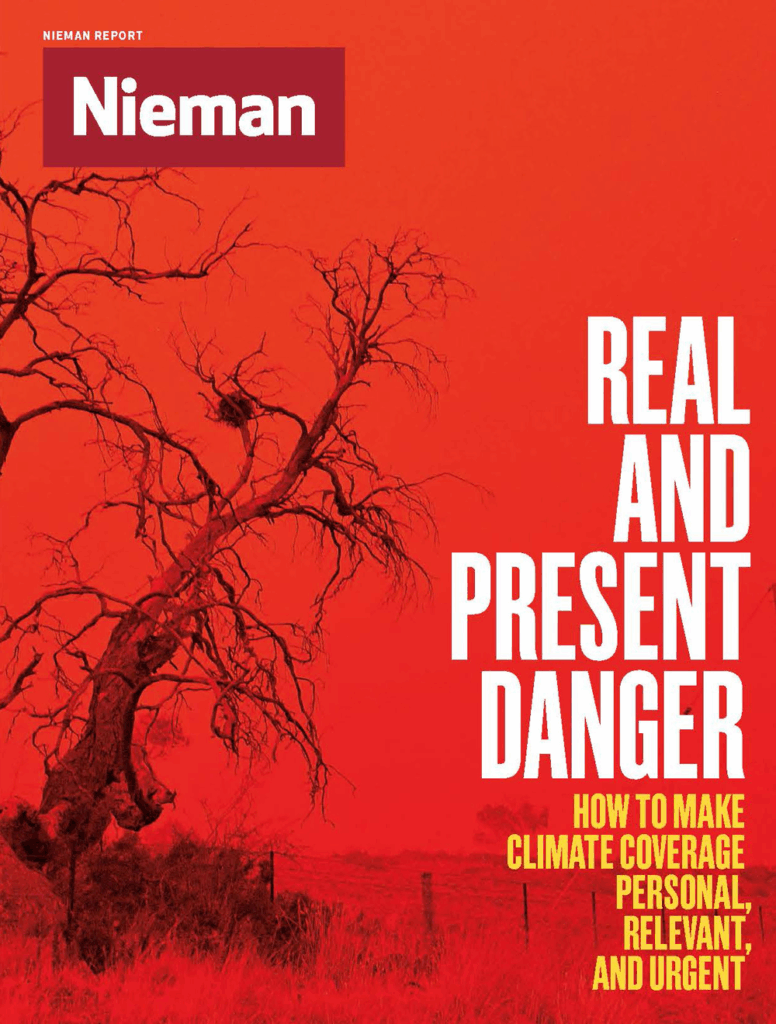That’s why I resigned last year from my job as the Washington, D.C. correspondent of Turkey's Hürriyet, once the paper that set the nation’s political agenda.
By the beginning of 2020, Turkey ranked as the number two country after China for jailing journalists. Approximately 12,000 journalists have faced prosecution between 2003 and 2018, according to a joint report of independent associations in the country.
Against the advice of my loved ones who feared that working as a journalist in Turkey would get me in trouble, I decided to return to my country. Back in Turkey, I soon realized how undercovered it has been in the Western world. There was no scarcity of Turkey stories but they very seldom went beyond the common narrative: "Journalists are jailed and civil society is oppressed under the reign of an authoritarian Islamist leader." While certainly true, this narrative falls short of chronicling a multicultural society of 80 million people sitting at the far end of Europe with one foot in the Middle East.
I started talking to businesspeople who had in the past shown interest in investing in media. The chilling political atmosphere made most of them afraid even to run ads in independent media outlets that publish stories about the wrongdoings of President Erdoğan's government.
I was about to lose hope for finding money to launch an independent digital platform when my path crossed with the management team of GazeteDuvar, an independent online newspaper established in August 2016. They assured me that their investors gave them complete editorial control over their Turkish-language site. They wanted me to put together a team to create an English-language sister site to GazeteDuvar.
We worked with IT people day and night to launch the site. When you are operating in a country like Turkey, keeping your website safeguarded against hacking is the most important part of technical preparations. In the meantime, I put together a small newsroom. We launched Duvar English on October 21, 2019 with the intention of bringing news to Turkey-watchers throughout the world. The site covers national news as well as diplomacy, politics, economics, human rights, culture, and the media. In only 2.5 months we reached 12.5K followers on Twitter. Between the launch date and January 10, we have had 126,343 new users. The whole world will be able to witness whether Duvar English can survive despite financial hardship and political pressure. No matter what happens tomorrow, I know it is better to try and fail than never try at all.




